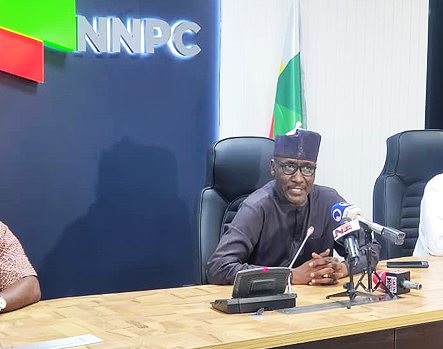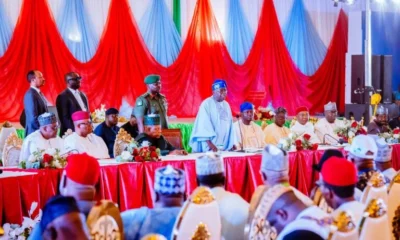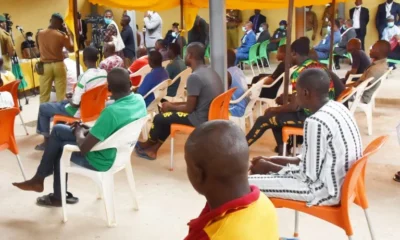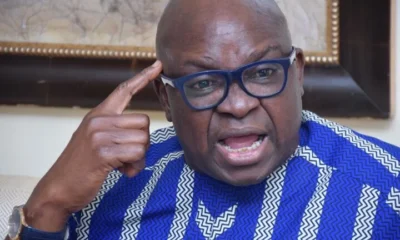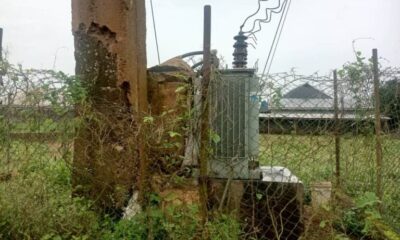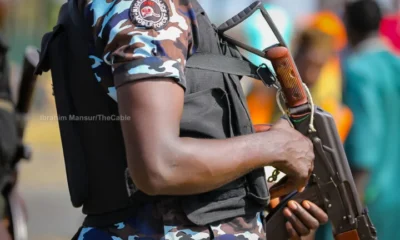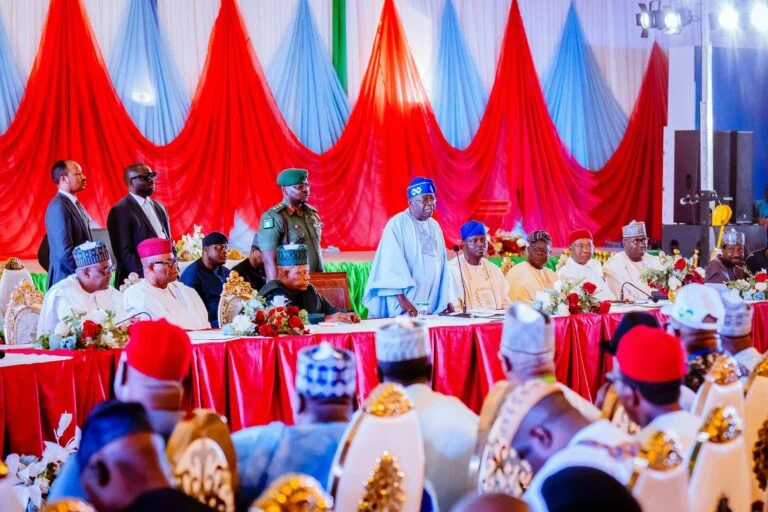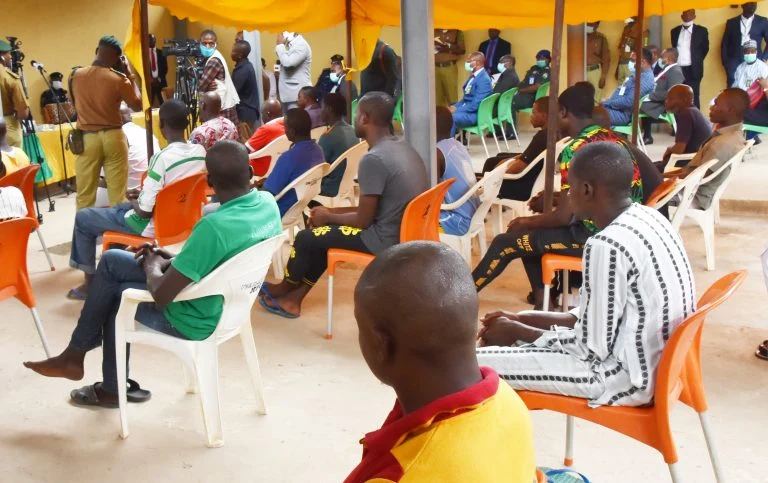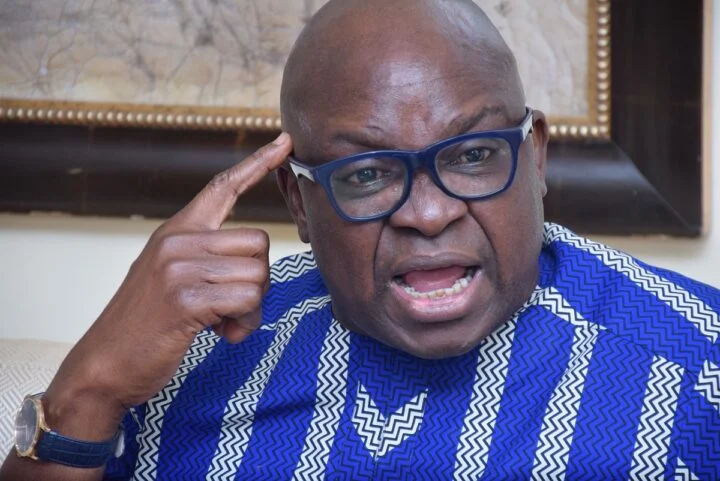The Federal Government’s debt to the Nigerian National Petroleum Company Limited as exchange rate differential (subsidy) for importing Premium Motor Spirit (petrol) rose to N7.74tn as of September 2024, following the full implementation of downstream oil sector deregulation.
This amount represents the cost of maintaining a fixed price range in the retail market, despite purchasing the product at a higher price between June 2023 and September 2024.
The information was revealed in a presentation by the national oil company to the Federation Account Allocation Committee (FAAC) at its February meeting in Abuja. A copy of the document was obtained by our correspondent on Monday.
According to the FAAC document, the government is planning to clear the N7.74tn fuel subsidy debt within 210 days.
In August 2024, The Punch exclusively reported that the NNPCL requested a refund of N4.71tn from the government to cover outstanding debts used to import petrol.
At the time, the claim was recorded as “Exchange rate differential on PMS and other joint venture taxes” on products imported between August 2023 and June 2024.
Exchange rate differentials refer to the profit or loss resulting from the difference in value between two currencies at different times during foreign exchange transactions.
For instance, if $1 is exchanged for N1,600 today and N1,500 tomorrow, the exchange rate differential is the difference between both rates.
The government supported fuel imports by covering the gap between the projected rate and the actual cost borne by the NNPCL for importing petroleum products.
This price difference, which should ordinarily reflect in the retail price paid by consumers, is now the amount NNPCL is seeking to recover from the government.
An analysis of the document indicated that the exchange rate differential for July to September 2024 was calculated using the Nigerian Autonomous Foreign Exchange Market rate.
The document stated: “Thus, the actual differentials may change in line with the prevailing forex (foreign exchange) rate at the time of import settlements.”
The balance brought forward represents additional claims due to the actualisation of an estimated portion of 2017 to May 2023 PMS under-recovery.
A breakdown showed that the total exchange rate differential amounted to N10.499tn, with N2.756tn recovered between November 2023 and September 2024, reducing the outstanding balance to N7.74tn.
The document further explained that the weighted average of purchased USD as of February 7, 2025, was applied, and the payment is ongoing within 210 days.
The month-by-month breakdown showed that the debt rose from N1.29tn in May 2023 to N1.81tn by October 2023, increasing steadily to N7.74tn by September 2024.
The amount represents 14.07 per cent of the N54.99tn 2025 national budget.
During his inauguration on May 29, 2023, President Bola Tinubu declared that “subsidy is gone”, marking the end of a policy that had hindered economic growth.
However, global organisations such as the International Monetary Fund and World Bank claimed that fuel subsidies were quietly reintroduced.
A proposed economic stabilisation plan document in June 2024 indicated that the government planned to spend around N5.4tn on fuel subsidies.
In a previous interview with The PUNCH, energy expert Wumi Iledare questioned the NNPCL’s request, stating:
“If you look at the taxes paid by the international oil companies, they are tax oil which NNPCL sells on behalf of the government and gives the government the dollar. So, it is very difficult for me to understand why the Federal Government has to return any money to NNPCL.
“Unless NNPCL is saying that it is the one funding the government in dollar equivalent, and since the government is changing the exchange rate to the tune of N1,500, the government cannot keep the windfall profit because the government now has more than when the exchange rate was N700.”
He added:
“It is very difficult for me to comprehend the rationale because the government is the owner of the equity, the government owns the tax oil, and the government is the owner of the royalty oil that the NNPCL is selling on its behalf.”
Meanwhile, FAAC members have criticised the NNPCL for inconsistent revenue reporting.
The Ogun State Accountant-General, Tunde Aregbesola, raised concerns about declining revenue compared to November 2024 figures.
The minutes read:
“AG Ogun observed that there was a significant decline in revenue compared to November 2024 in-flow, and upon reviewing the financial records, particularly note 7, it was noted that the receivables from NNPCL amounted to approximately N10.8tn.
“However, there are concerns about the accuracy of the figures as reports suggest that NNPCL may still be reconciling the figures.”
The Chairman, Oluwatoyin Madein, stated that the issue involved the NNPCL and the Nigerian Upstream Petroleum Regulatory Commission (NUPRC), with reconciliation ongoing through the Alignment Committee.
She stressed the importance of thorough reconciliation to ensure all issues are addressed.
The representative assured members that the reconciliation would cover up to December 2024.
Credit: The Punch
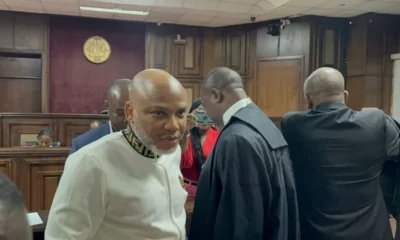
 BIG STORY3 days ago
BIG STORY3 days ago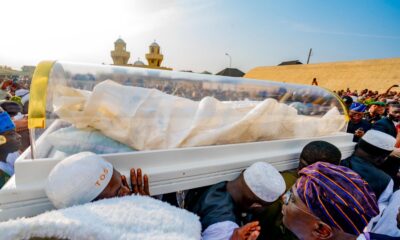
 BIG STORY4 days ago
BIG STORY4 days ago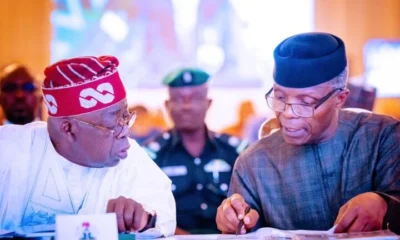
 BIG STORY3 days ago
BIG STORY3 days ago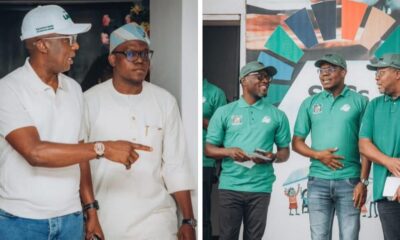
 BIG STORY2 days ago
BIG STORY2 days ago
 BIG STORY4 days ago
BIG STORY4 days ago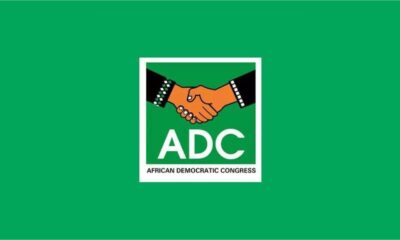
 BIG STORY4 days ago
BIG STORY4 days ago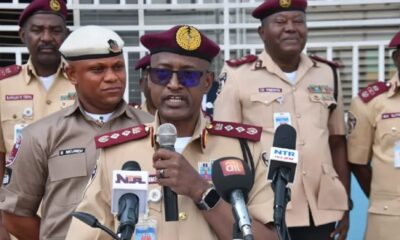
 BIG STORY3 days ago
BIG STORY3 days ago
 BIG STORY4 days ago
BIG STORY4 days ago




